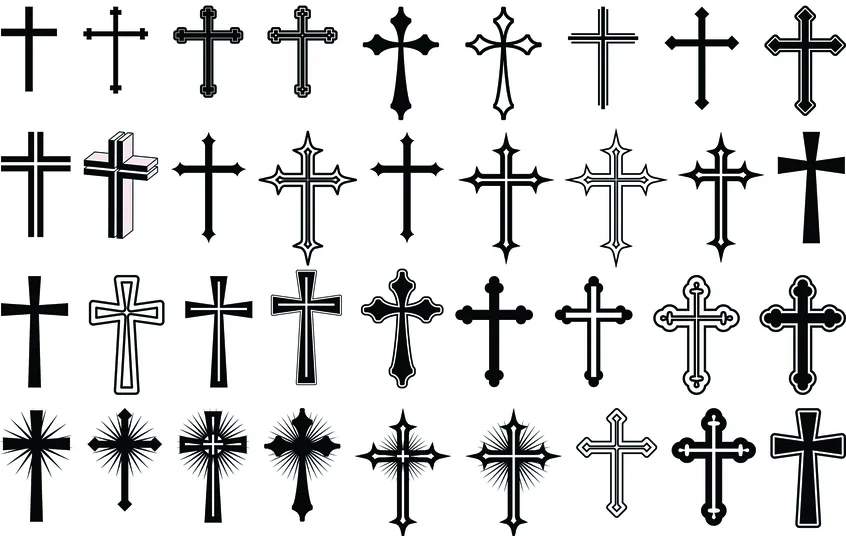The adjective ‘catholic’ and the noun ‘catholicity’ have a bittersweet usage in ordinary evangelical language. They seem too strictly associated with the reality of Roman Catholicism to be used in a way free from cumbersome superstructures of meaning.
The Bible never uses the expression kath’olon (according to the whole) in the theological sense. The only explicit reference, which is used in a negative form, is in Acts 4:18. The profane use of kath’olon has a variegated range including the meaning of ‘total’ and ‘complete’. In borrowing the term, the church began to understand it as describing the universality of the church (made of Jews and Gentiles), the fullness of the gospel (once and for all delivered to the saints), and the global extension of the people of God (from Jerusalem to the ends of the earth).
Catholicity always in context
In the post-apostolic age, the word ‘catholic’ was included in the Apostles’ Creed as a mark of the church of Jesus Christ. The Nicene Creed defines it as ‘one holy catholic and apostolic church’. Catholicity was affirmed not in isolation, but in the context of the other three dimensions.








Pope Leo XIV: An evangelical view
The Roman Catholic Church has its new Pope - the 267th according to its official list.The number is less …